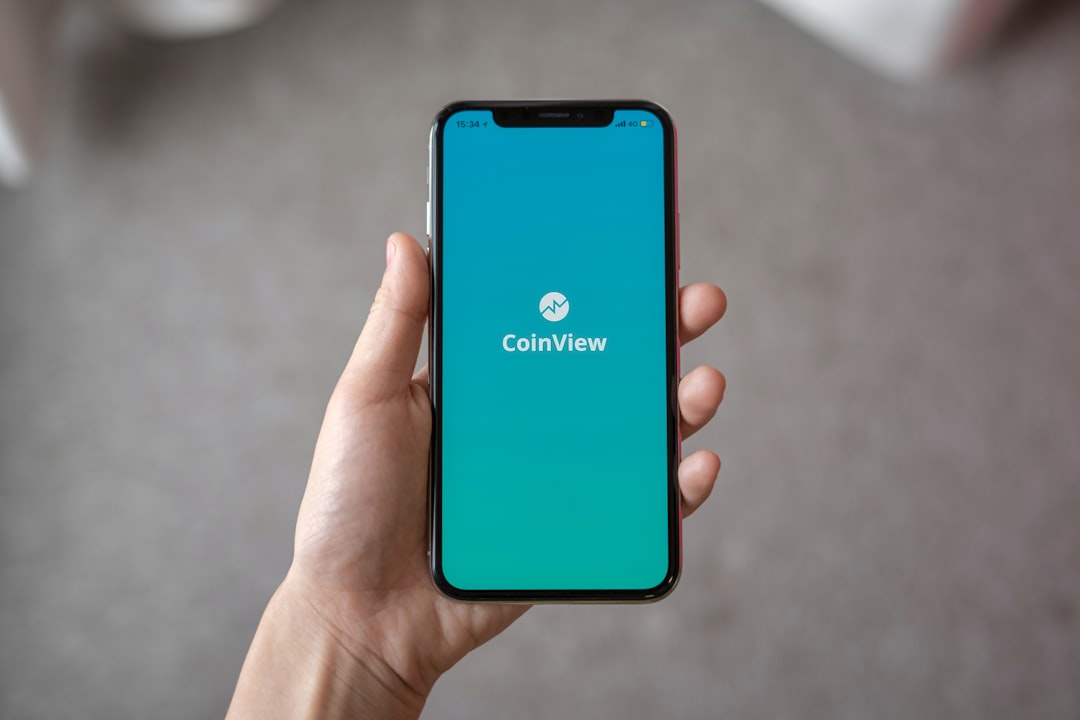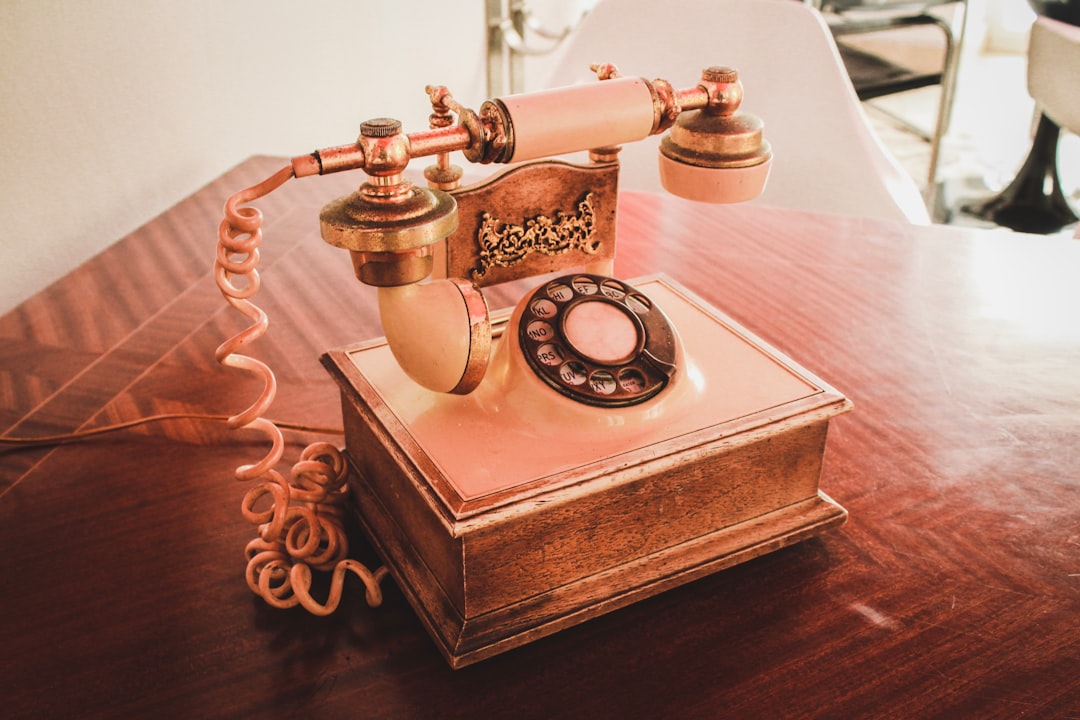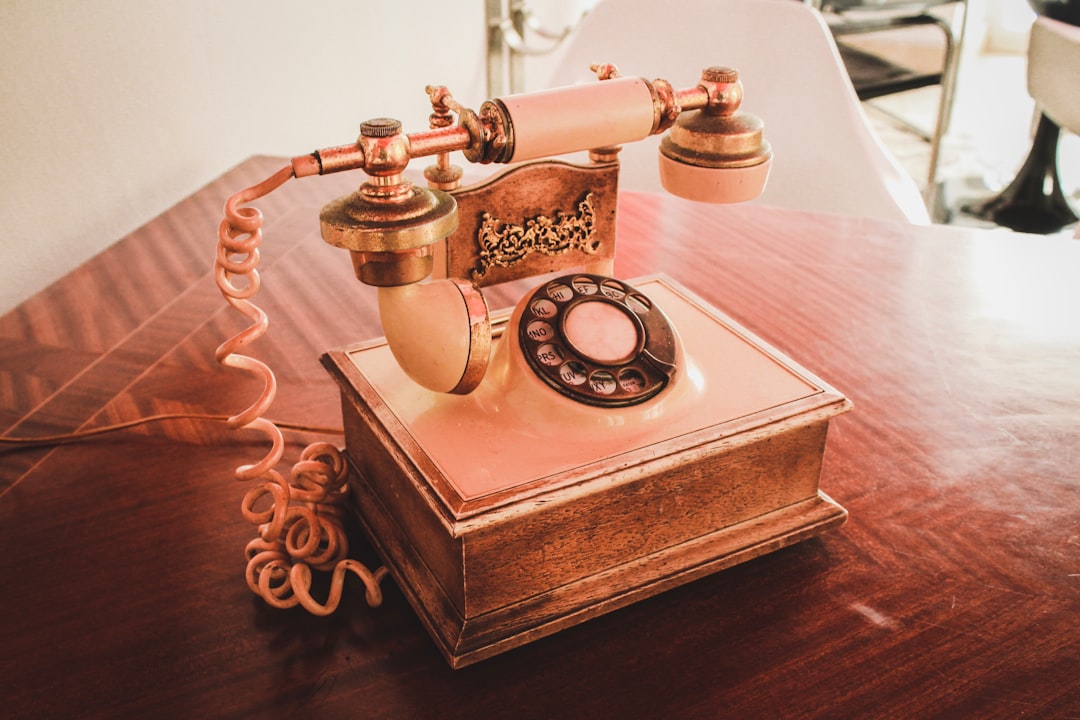Businesses using autodialers in Utah face strict TCPA and state laws protecting consumer privacy. An autodialer lawyer is crucial for navigating rules on prerecorded messages, do-not-call lists, and opt-out requests. Prior explicit consent is mandatory, and consumers can revoke permission easily. Adhering to these regulations minimizes risks associated with automated calling practices. Consulting with an experienced autodialer lawyer Utah ensures compliance, shields against legal action, and protects sensitive customer data.
In today’s digital age, businesses in Salt Lake City are increasingly adopting automated calling systems (autodialers) for marketing. However, using autodialers comes with legal and privacy risks. This article guides business owners through crucial strategies to mitigate these risks. We explore the legal landscape in Utah, best practices for consumer privacy protection, and methods to ensure compliance, empowering businesses to leverage autodialers effectively while safeguarding against potential legal pitfalls. For expert advice, consult an autodialer lawyer in Utah.
Understanding Legal Requirements for Autodialer Use in Utah
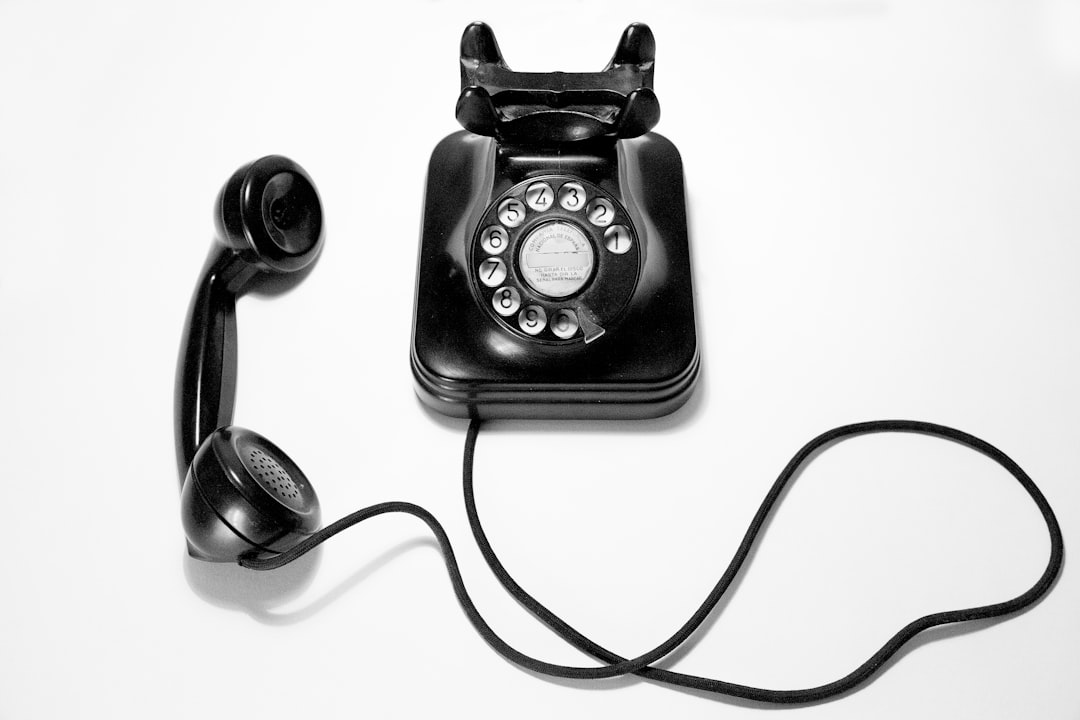
In Utah, including Salt Lake City, businesses employing automated calling systems, or autodialers, must adhere to strict legal guidelines set forth by the Telephone Consumer Protection Act (TCPA) and state-specific regulations. These laws ensure that consumers’ privacy rights are respected and their consent is obtained before receiving automated calls. An autodialer lawyer in Utah can provide invaluable guidance on navigating these requirements, which include explicit rules regarding prerecorded messages, do-not-call lists, and consumer opt-out requests.
Businesses must obtain prior express written consent from recipients before using an autodialer for marketing purposes, ensuring comprehensive compliance with legal mandates. This process involves obtaining clear and unambiguous permission, allowing consumers to easily revoke their consent if needed. Understanding and adhering to these legal requirements are essential steps in mitigating risks associated with automated calling systems and ensuring business practices align with consumer protection regulations.
Implementing Best Practices to Protect Consumer Privacy
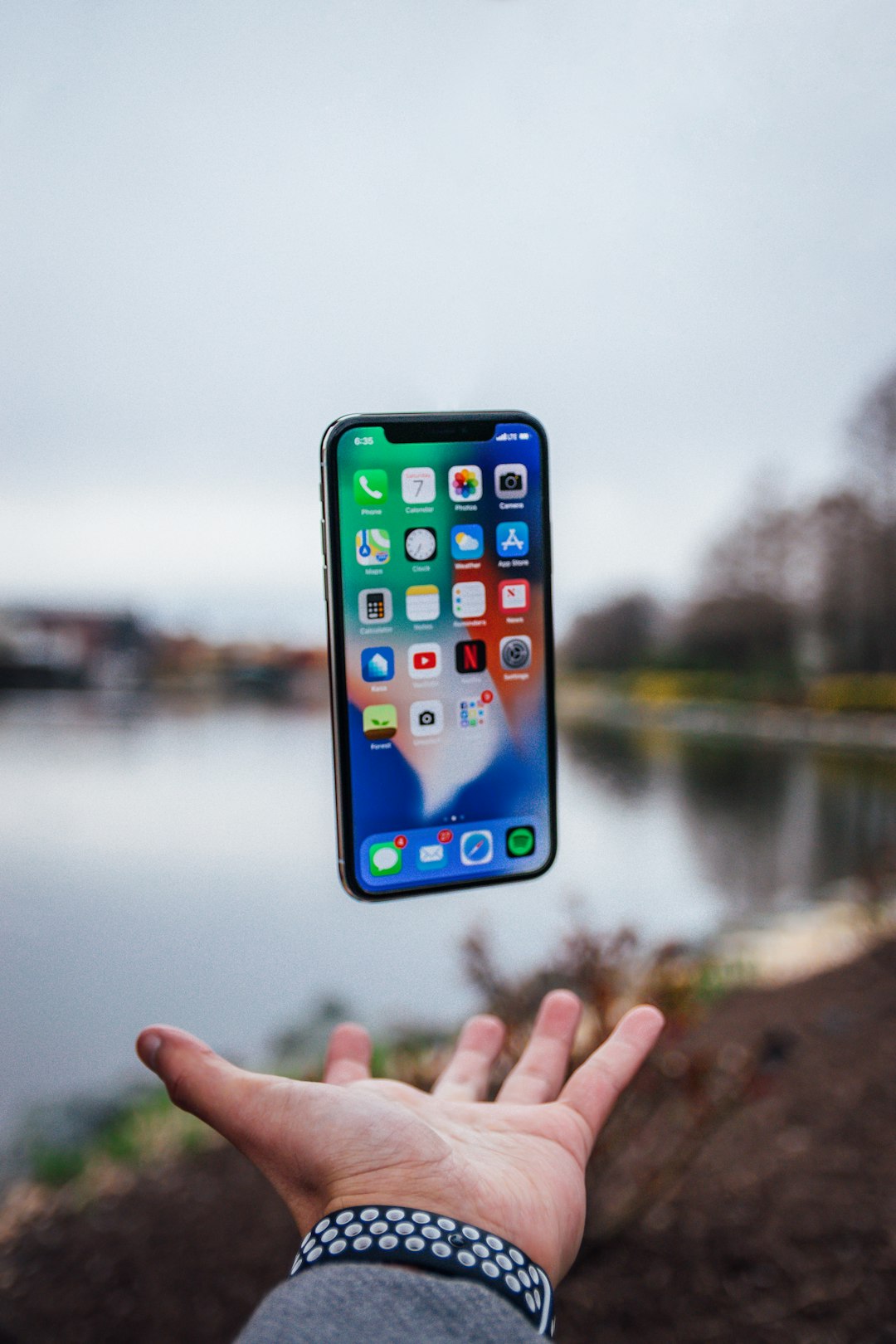
Implementing best practices for consumer privacy is paramount when utilizing automated calling systems in Salt Lake City and across Utah. As an autodialer lawyer in Utah can attest, businesses must adhere to strict regulations like the Telephone Consumer Protection Act (TCPA) to avoid legal pitfalls. This legislation protects individuals from unwanted automated calls, ensuring their personal information remains secure.
To safeguard consumer privacy, businesses should obtain explicit consent before initiating automated calls, provide clear opt-out mechanisms, and securely store and transmit customer data. Regularly reviewing and updating privacy policies, training employees on compliance procedures, and integrating robust security measures into the autodialer system are essential steps to mitigate risks associated with automated calling practices.
Strategies to Ensure Compliance and Minimize Legal Risks

To ensure compliance and minimize legal risks associated with automated calling systems, businesses in Salt Lake City should first consult with an autodialer lawyer Utah. Legal expertise is crucial for understanding and adhering to regulations like the Telephone Consumer Protection Act (TCPA). An attorney can help draft clear consent forms and establish robust opt-out mechanisms, shielding your business from complaints and potential class-action lawsuits.
Additionally, implementing robust data security measures is essential. Safeguarding customer phone numbers and call records not only complies with data privacy laws but also protects your business from internal and external data breaches. Regular audits and training sessions for employees handling automated calling systems can further mitigate risks, ensuring adherence to best practices and minimizing legal exposure.
